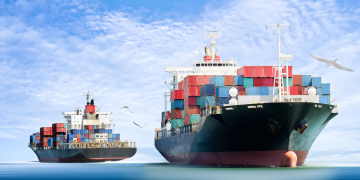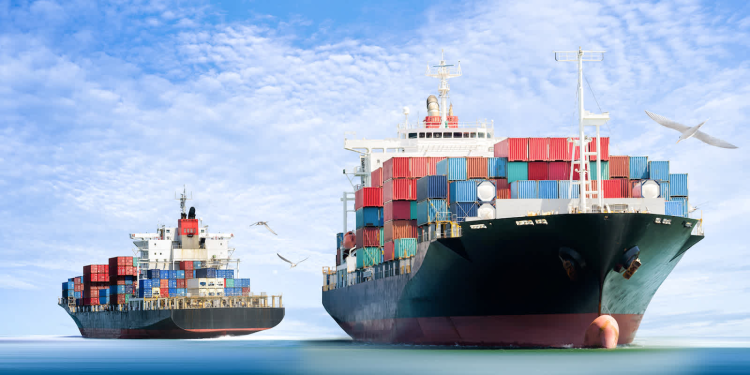By Maria Kalamatas | May 7, 2025
Barcelona, SPAIN —
In the rapidly shifting terrain of global logistics, freight forwarders are making a quiet yet powerful move: they’re turning to each other. Away from the massive infrastructures of global 3PLs, 2025 is witnessing the rise of smaller, tighter-knit logistics alliances that are winning where size alone no longer impresses.
“In this business, it’s not just about who moves the most cargo,” said Javier Morales, Managing Director of IberTransLog. “It’s about who picks up the phone when something goes wrong—and fixes it fast.”
Agility over empire
Where global firms consolidate, standardize, and often stall under their own weight, niche freight networks are doing the opposite. They stay small enough to be nimble, but large enough to offer reach.
Networks like EAN, WCA, and X2 have embraced a model based not on hierarchy, but on collaboration. They link freight companies across continents without stripping them of autonomy. The result? Local expertise with global coordination.
According to a spring 2025 logistics study, over 60% of shippers say their best customer experience came not from a major 3PL, but from an independent network member. And the reason? “Someone actually listened.”
Trust that travels
Unlike corporate systems driven by service tickets and chain-of-command protocols, niche networks thrive on human connection. Freight professionals meet in person, exchange clients, and build relationships that last longer than a one-time shipment.
At this year’s Global Freight Forum in Abu Dhabi, over 70% of members from independent networks confirmed they had referred clients to another member in the past six months—without commission, purely based on trust.
“That level of confidence doesn’t come from an app,” said Morales. “It comes from shaking hands, having dinner, working together under pressure.”
Building growth, not just size
Rather than racing for acquisitions or competing on razor-thin margins, these networks invest in making their members stronger. Shared digital tools. Marketing kits. Trade show visibility. Buyer introductions.
For Emre Yildiz, CEO of AtlasConnect Turkey, the difference was immediate. “We joined EAN, and within months we were in touch with Middle Eastern clients we couldn’t have reached on our own. That’s growth. Smart growth.”
By focusing on empowerment instead of dominance, these alliances offer a model where success is shared—not centralized.
The future: freight with a human face
As volatility becomes the norm—from geopolitical shocks to rising compliance demands—shippers are prioritizing reliability over brand names. And that reliability often comes from people, not platforms.
“Your network is only as strong as the trust inside it,” Morales concluded. “In 2025, that’s the edge. Not tech. Not logos. Just people who deliver, again and again.”























